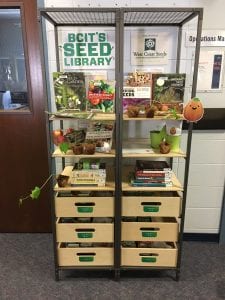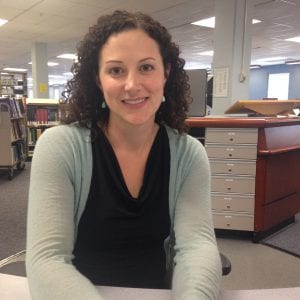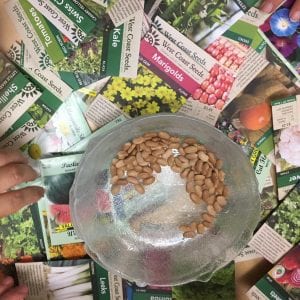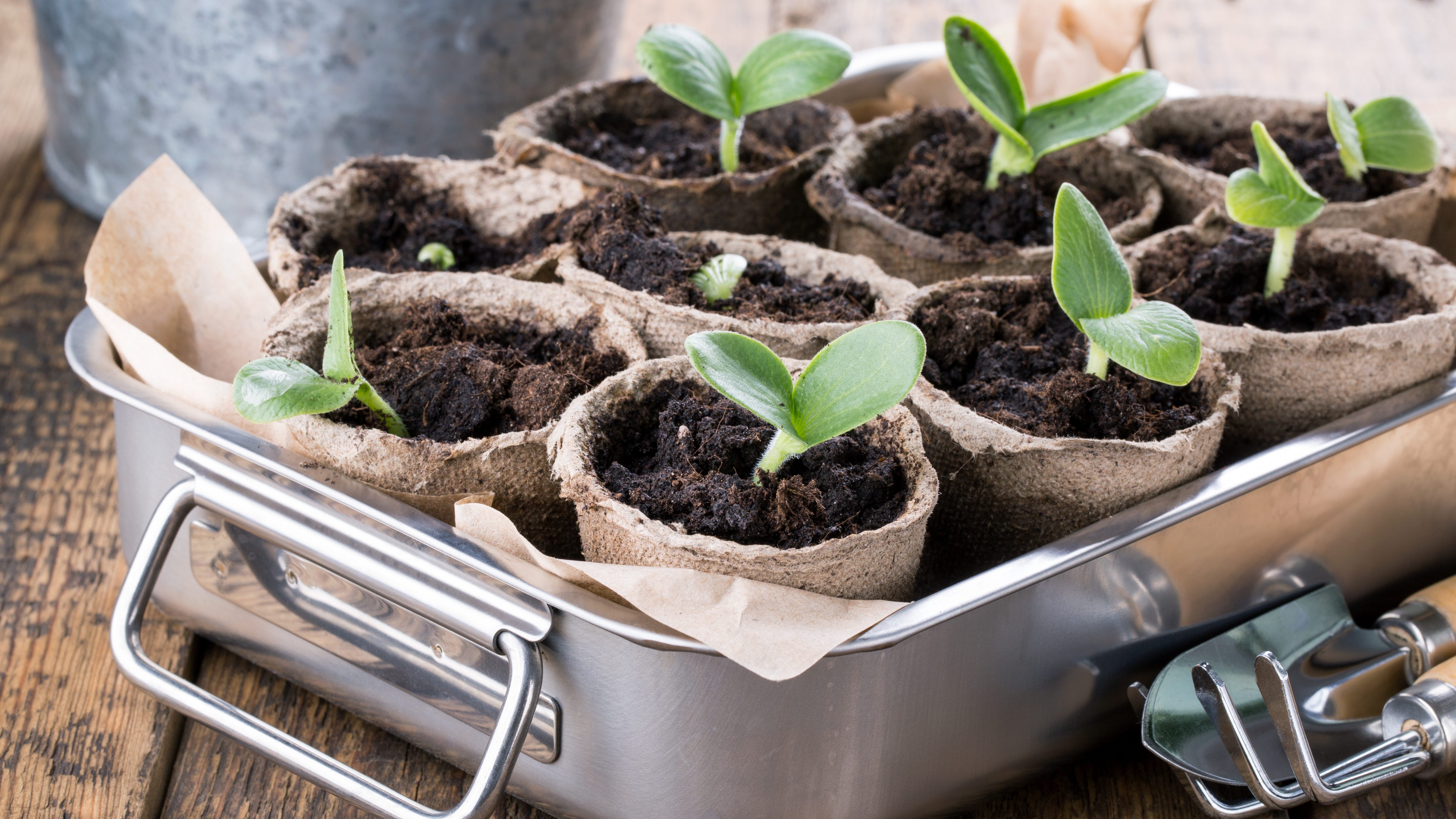
On display in the corner of the BCIT Library is a special collection of information: drawers filled with dozens of varieties of seeds. And it’s one of the library’s particularly popular resources, offering seeds for flowers, herbs, vegetables, and a number of books to help with every aspect of growing a garden.
Since it opened last year, word about the new collection spread quickly with the seeds flying off the shelves. Some found their way into the soil at BCIT’s campus community garden, and others were tended to on window sills and balconies in homes and in offices.
The perfect home for seeds
Alison Griffin, BCIT Librarian, thinks libraries are the perfect place for something like seeds. “We bring an archival perspective,” she says, “seed libraries like ours are not just about preserving knowledge, they’re also about promoting biodiversity in local gardens.”
She’s also seen it help to build relationships. “There’s a whole community on campus who share an interest in being part of our food system,” she shares, “It’s raised my awareness of connections.”

She even noticed colleagues growing seeds at their desk. “It makes people excited,” she adds, “It’s like bringing in a puppy. Seedlings gather a lot of attention.”
Building community
While tending to a garden can often be a solo act, Alison hopes the seed library will also continue to be a bridge to a larger community, “While we may not be growing together, we’re talking about it and learning about it together.”
Just as you might borrow a book and return it, library users are encouraged to save seeds from the plants they grow, and return them to support next year’s collection.
The library’s impact is not just on the borrowers and growers. Alison emphasizes that, “Libraries are great equalizers in education and society,” and, ”with the seed library, we’re building on a model of libraries as a public place that will help you learn and build, and taking on this ecological aspect is critical.”
Improving biodiversity
She explains that with fewer and fewer varieties of crops being grown globally, every effort to increase local varieties of crops helps to keep this diversity alive. Healthy biodiversity is one of the best ways we can protect against the impacts of climate change.
 When it comes to nurturing seeds, developing an awareness of climate and growing conditions is key, says Alison, who is conscious about including native plants that are drought resistant and best suited for the local environment. As the seed library gets ready for a second growing season, Alison also hopes to honour local indigenous knowledge in the growing and saving of seeds.
When it comes to nurturing seeds, developing an awareness of climate and growing conditions is key, says Alison, who is conscious about including native plants that are drought resistant and best suited for the local environment. As the seed library gets ready for a second growing season, Alison also hopes to honour local indigenous knowledge in the growing and saving of seeds.
Metro Vancouver’s last frost is approaching and Alison and the seed library are ready to help BCIT’s budding green thumbs and seasoned growers get sprouting.
Be part of a community effort to conserve precious seed varieties: sign them out, grow, harvest, and pass them on to other gardeners. “Borrowing” from the seed library is free, easy, and open to all members of the public. Learn more about how to check out seeds.
Have you subscribed? Sign-up to receive the latest news on BCIT.
